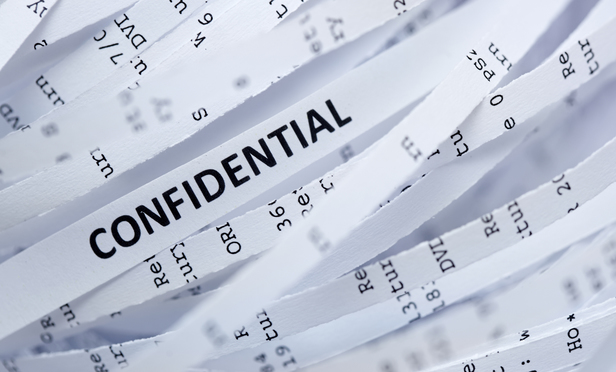This is part of a series of articles on transactional contracts issues by Prof. Michael L. Bloom and students in the Transactional Lab at the University of Michigan Law School.
Business transactions often involve parties sharing information that they do not want used or discussed outside of the specific transaction. In an effort to protect their information, parties will often negotiate a confidentiality agreement to prohibit undesired use and disclosure of information. While confidentiality agreements are commonly used in many types of deals, the precedent from a prior deal might not be appropriate for a future deal. A drafter should ensure that each confidentiality agreement provides the protections sought, without unintended consequences.
Residual Information
This content has been archived. It is available through our partners, LexisNexis® and Bloomberg Law.
To view this content, please continue to their sites.
Not a Lexis Subscriber?
Subscribe Now
Not a Bloomberg Law Subscriber?
Subscribe Now
LexisNexis® and Bloomberg Law are third party online distributors of the broad collection of current and archived versions of ALM's legal news publications. LexisNexis® and Bloomberg Law customers are able to access and use ALM's content, including content from the National Law Journal, The American Lawyer, Legaltech News, The New York Law Journal, and Corporate Counsel, as well as other sources of legal information.
For questions call 1-877-256-2472 or contact us at [email protected]






